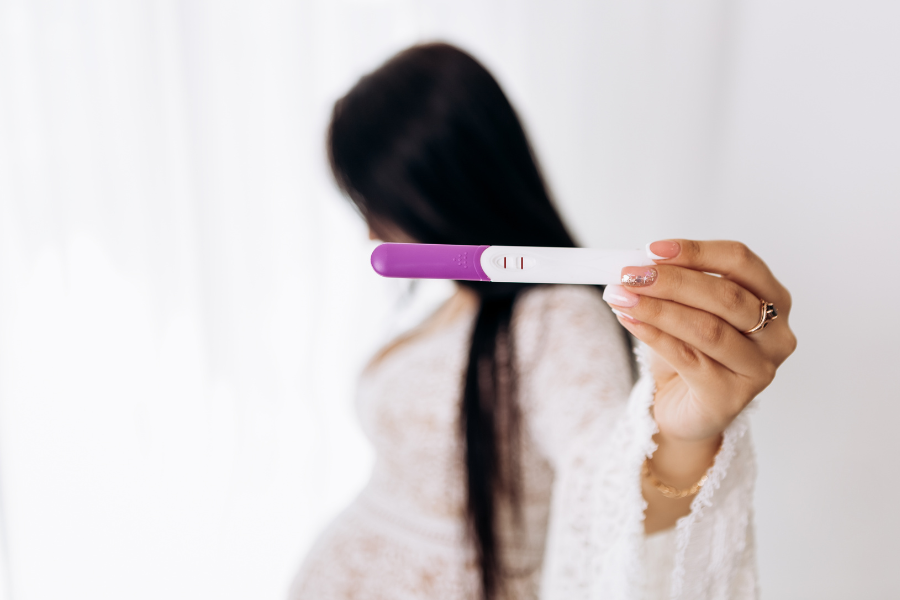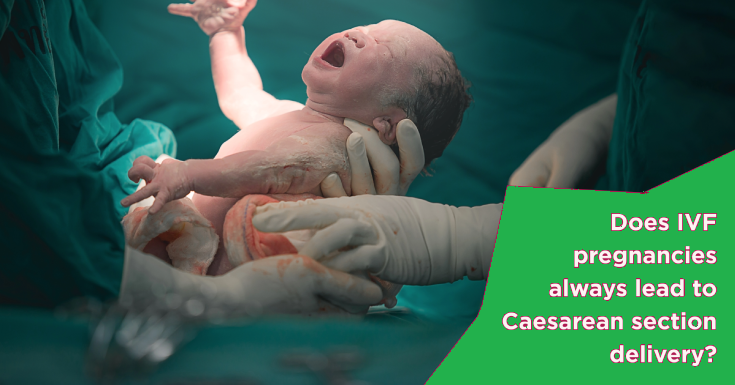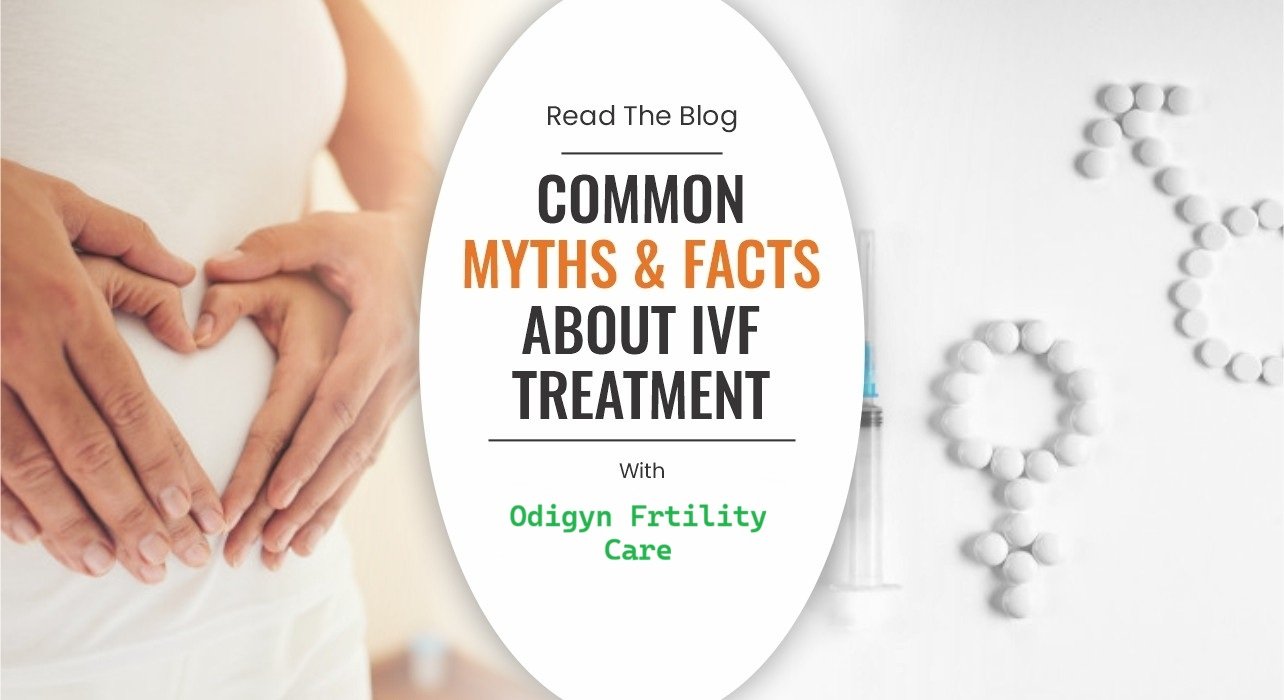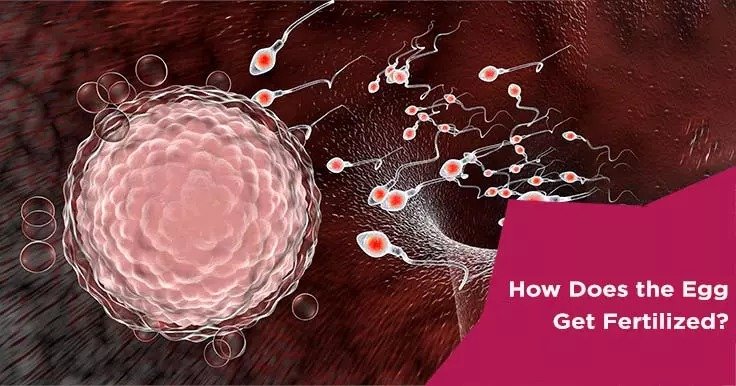Embarking on the journey to parenthood is a profound and cherished desire for many. However, the road to conception may present challenges, with female infertility being a significant aspect of reproductive health. In this comprehensive guide, we will delve into the intricacies of female infertility, exploring its potential causes and the essential fertility tests designed to shed light on reproductive health.
Understanding Female Infertility
A fundamental understanding of the female reproductive system is crucial. The menstrual cycle, regulated by hormones, involves the release of an egg from the ovaries (ovulation), preparation of the uterus for potential implantation, and shedding of the uterine lining if conception does not occur.
- Ovulatory Disorders: Irregular or absent ovulation is a leading cause of female infertility. Conditions such as polycystic ovary syndrome (PCOS) or hormonal imbalances can disrupt the ovulatory process.
- Structural Abnormalities: Issues like blocked fallopian tubes, uterine fibroids, or endometriosis can impede the fertilization process or implantation of the embryo.
- Age-Related Factors: Fertility declines with age, with a notable decrease in fertility after the age of 35. Advanced maternal age can also increase the risk of chromosomal abnormalities in the eggs.
- Pelvic Inflammatory Disease (PID): Infections affecting the reproductive organs, often resulting from sexually transmitted infections, can lead to scarring and damage, affecting fertility.
- Unexplained Infertility: In some cases, despite thorough evaluation, the exact cause of infertility remains unidentified.
Addressing Female Infertility
- Lifestyle Modifications
- Medication and Surgical Interventions
- Intrauterine Insemination (IUI)
- In Vitro Fertilization (IVF)

Odigyn Fertility Care pioneers excellence in fertility solutions, offering state-of-the-art facilities, expert medical guidance, and unmatched support in your journey to parenthood!
-
Ovulation Tracking:
- Monitoring the menstrual cycle through methods such as tracking basal body temperature, cervical mucus changes, or using ovulation predictor kits helps identify the fertile window and assess ovulatory function.
-
Hormone Testing:
- Blood tests measure hormone levels, including follicle-stimulating hormone (FSH), luteinizing hormone (LH), estrogen, and progesterone, providing insights into hormonal balance and ovarian function.
-
Pelvic Ultrasound:
- Imaging studies, such as transvaginal ultrasound, can visualize the ovaries, uterus, and fallopian tubes, helping identify structural abnormalities or ovarian cysts.
-
Hysterosalpingography (HSG):
- This procedure involves injecting a contrast dye into the uterus and fallopian tubes, allowing X-ray imaging to assess the structure and patency of these reproductive organs.
-
Hysteroscopy:
- A minimally invasive procedure using a thin, lighted tube to examine the inside of the uterus for abnormalities that may affect fertility.
-
Laparoscopy:
- In cases where endometriosis or other pelvic disorders are suspected, laparoscopy may be performed to directly visualize and treat these conditions.
-
Genetic Testing:
- Genetic screening may be recommended to identify chromosomal abnormalities or genetic conditions that could impact fertility or increase the risk of certain disorders in offspring.
Female infertility is a complex and multifaceted challenge, and understanding its various aspects is essential for those on the path to parenthood. By recognizing potential causes, undergoing comprehensive fertility testing, and exploring the available interventions, individuals and couples can navigate the challenges of female infertility with knowledge and empowerment. Fertility tests for women are the key to unraveling the mysteries of reproductive health, guiding the way toward informed decisions and, ultimately, the realization of the cherished dream of becoming parents.



